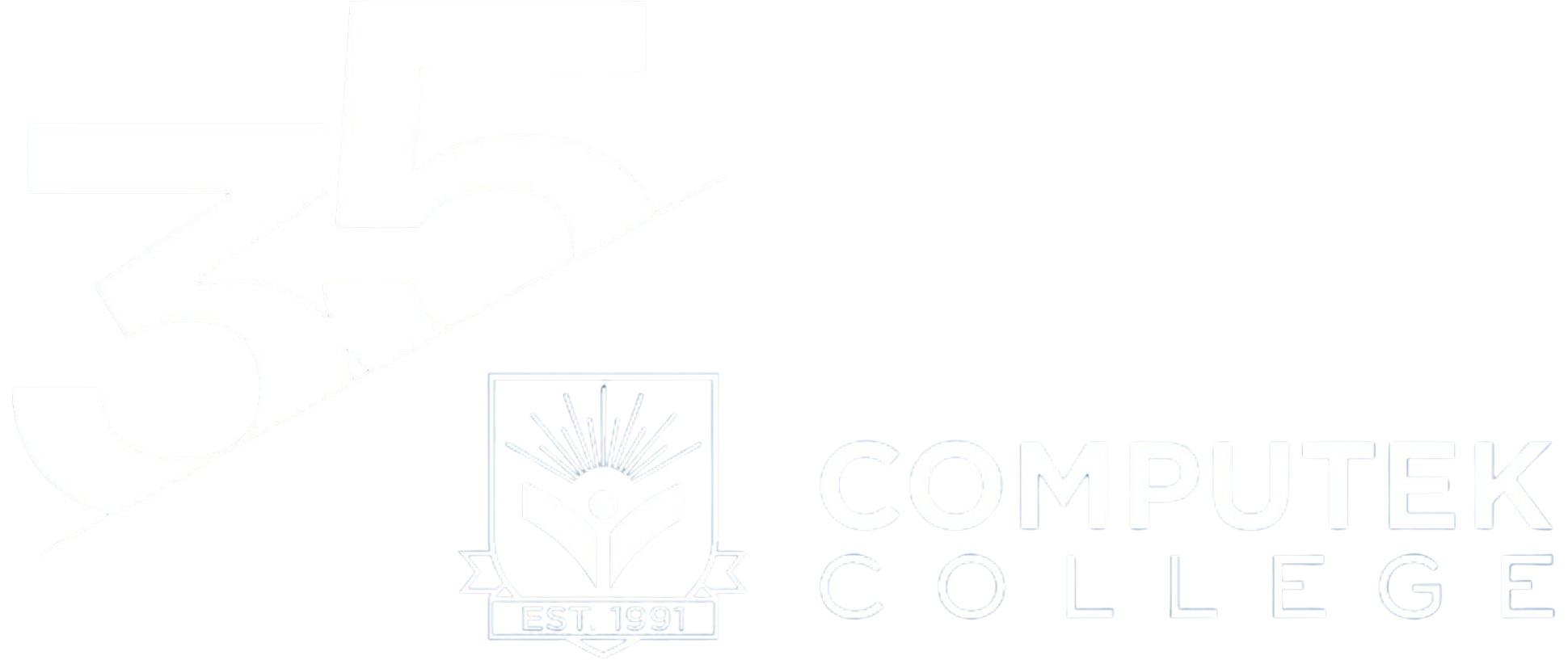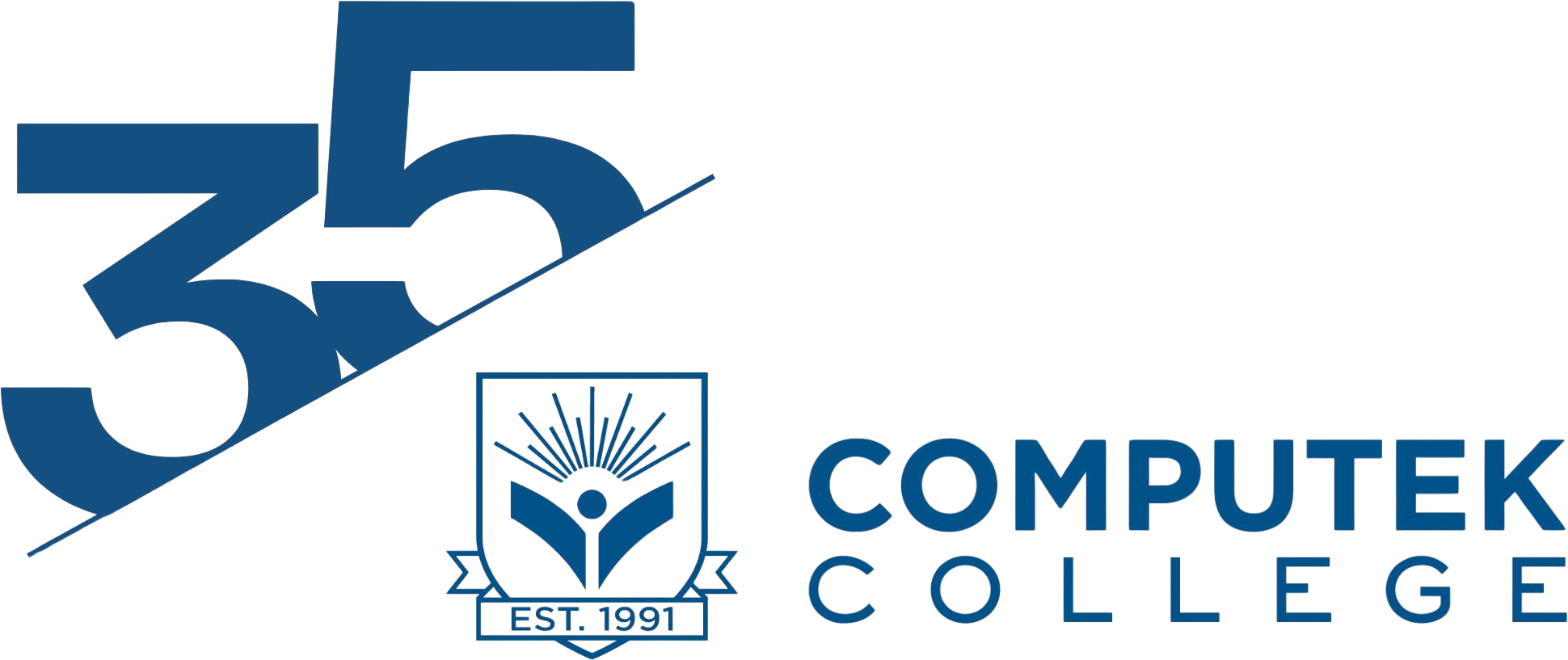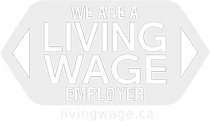Hospital administration is a significant part of the healthcare industry, and pursuing a diploma in medical office administration (MOA) can lead to a rewarding career. The main goal of this diploma is to help students learn about the activities involved in hospital management and prepare them for various roles in modern hospitals and healthcare facilities.
This article will look at five career paths you could choose after finishing a diploma in medical office administration.
-
Hospital Unit Manager
Unit managers oversee a hospital wing or unit like the intensive care unit (ICU). They will take care of all the day-to-day activities like budget management, staff training, and patient communication. A medical office administration diploma can help you become a hospital unit manager by teaching you about the management tools and techniques used in the industry. You can also gain a competitive edge by developing your communication and management skills.
-
Medical Coder
A medical coder converts a patient’s medical records to universally accepted medical billing codes. Coders don’t work with patients but with hospitals and insurance firms to process medical bills, ensure accuracy, and create statements. An MOA diploma can prepare you for this role by educating you on important medical terminology and coding systems. If you pursue a career in medical coding, you can also work in insurance agencies, law firms, and other government agencies that handle healthcare claims.
-
Medical Billing Specialist
Billing specialists act as the single point of contact for patient billing and insurance claims. They ensure everything runs smoothly by helping patients understand the billing process and working with insurance companies to approve claims. The responsibilities of billing specialists in some hospitals can also include coding, transcribing, and record-keeping. If you complete an MOA diploma, you’ll be well-prepared for the job since you’ll learn about various billing and reconciliation procedures.
-
Medical Records Manager
Maintaining patient records and ensuring they are accurate will help hospitals streamline operations and cut costs. Records managers are responsible for recording and storing patient data using medical filing systems. A good MOA diploma can help you learn about the tools used for accounting and record-keeping purposes. Since most modern hospitals use digital records, knowing about online privacy laws/regulations and electronic health record (EHR) systems is also crucial.
-
Admissions Clerk
Admissions clerks are responsible for registering patients and ensuring that they receive appropriate care. This broad role requires knowledge of medical procedures, insurance requirements, and excellent customer service skills. With the help of an MOA diploma, you can start your admissions clerk journey by learning about essential hospital policies, regulations, and patient rights. It’s also a good idea to focus on communication, teamwork, and time management skills to become a successful admissions clerk.
If you want to pursue an administrative career in healthcare, consider contacting Computek College. Our MOA diploma program prepares students for various administrative roles in medical environments. Besides these five career options, an MOA diploma can open up other exciting opportunities in the healthcare industry as well. Call 416-321-9911 to take your first step toward a rewarding career!








